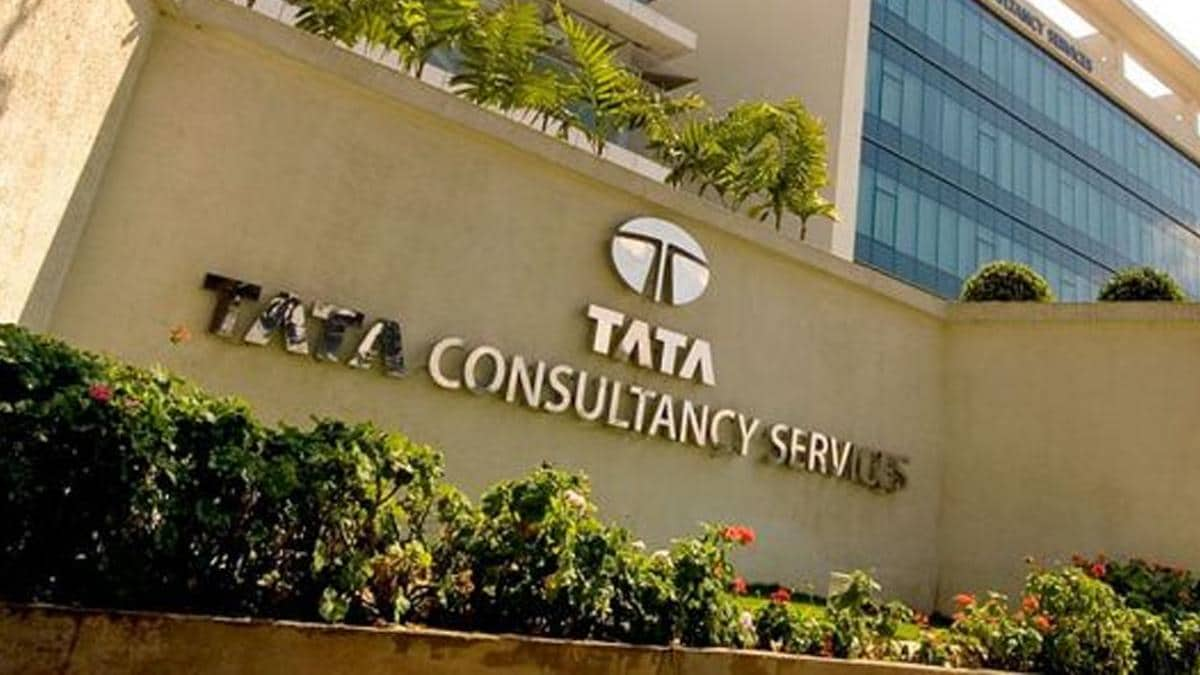End of WFH? Tata Consultancy Services looks at 5-day work from office
India’s largest IT services firm Tata Consultancy Services (TCS) is looking at getting employees back in the office for five days a week. At present, employees need to be in the office for three days a week.
“There is no official memo for everyone. Some of the human resources (HR) heads of some business units have asked their business group heads to ask their team members to be in the office for five days a week. This is also being done as some clients have been asking for employees working on their contracts to be back in the office,” said a senior executive in the know, on condition of anonymity.
The executive also added that so far there is no official memo across the company. “If you look at the percentage of people coming back to the office, it is quite healthy. Around 75 per cent of the employees are back in the office for at least two days, and those coming to the office thrice a week are in the 60-65 per cent range,” added the executive.
When asked for an official statement, the company spokesperson said, “As we are in the silent period at the moment, we will not be able to comment on your query.”
Clients from the banking, finance, and insurance vertical have been asking their business unit (BU) head to get teams back in the office. “Though the company may look at the five-day model, it does not mean that the hybrid mode is not allowed,” explained another official from the company.
TCS has been asking its employees to be back in the office for at least three days a week. In September 2022, the company had in an internal email said that a roster will be created for each employee after discussion with the employee and his or her team leader or manager. “Your respective managers will now roster you to work from the TCS office, and you will receive the notification on the same,” said the email. It also said adherence to rostering is mandatory.
The company management has been quite clear in the past that getting people back to the office is also part of nurturing the culture and essential for innovation.
In the FY23 Annual Report, the HR head Milind Lakkad had stated that attrition among women had gone up. “There might be other reasons, but intuitively, I would think working from home during the pandemic reset the domestic arrangements for some women, keeping them from returning to the office even after everything normalised,” said Lakkad in the Annual Report (AR).
The company also said that it hired a chunk of its employees post-2020 and they need to also understand the need for collaboration and team building. “Tenured employees who are well networked within the organisation can work effectively and even collaborate virtually using the social capital built up over the years. That isn’t the case with more junior employees. Workplace essentials like collaboration, mentorship, and team building suffered a lot in these two years. Then there is the matter of organisational culture. Over half our workforce today was hired after March 2020. New employees get acculturated through physical interactions with senior colleagues and leaders, by observing and following their behaviours and ways of thinking. Without those interactions, employee engagement as well as acculturation got badly impacted. All these factors led us to gradually bring back people to our offices during the year,” explained Lakkad in the AR.
